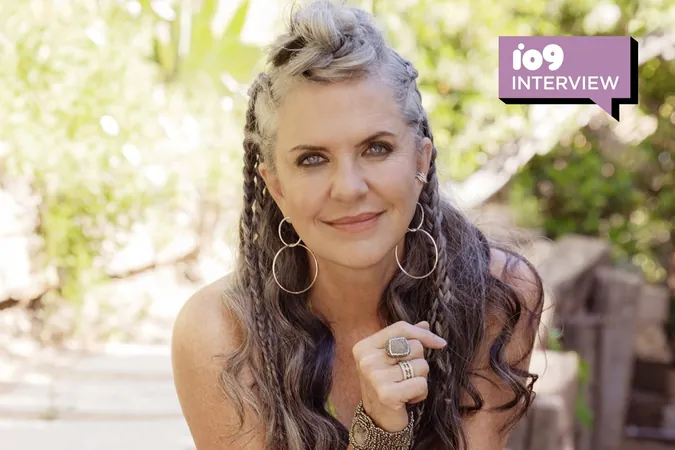
Jennifer Hale Speaks Out: The Battle Against AI Takeover in Video Game Voice Acting
2024-09-24
In the wake of the significant SAG-AFTRA and Writers Guild strikes of 2023, video game voice actors have joined the fray, taking to the picket lines after a year of failed negotiations with prominent video game publishers like Activision and Epic Games. The heart of the matter? Protecting voice actors from the looming threat of generative AI technologies that could undermine their livelihoods.
One of the leading voices in this important movement is none other than Jennifer Hale, the renowned voice of Commander Shepard from the *Mass Effect* series, Ashe from *Overwatch 2*, and Jean Grey from *X-Men ’97*. Hale has a long history in voice acting, and we had the opportunity to speak with her about the current strike, the implications of AI, the misconceptions surrounding royalties in the industry, and her hopes for the future.
The Strike: Championing Protection Against AI
This is not Hale's first experience with strike actions; she was also part of the committee during the 2017 strike, which extended for 11 grueling months. While some progress was made during the recent negotiations, a significant number of voice actors expressed concerns about inadequate protections against AI’s encroachment into their roles. “All of us performers were just the canary in the coal mine because AI is coming for all of us,” Hale emphasized.
Voice actors officially began their strike on July 25, advocating for new contracts that would prevent their likenesses from being replicated by AI systems without their permission. Alarmingly, Hale suggested that AI’s unchecked integration could lead to up to 40% unemployment rates among voice actors across numerous industries in the next 15 years, as the financial benefits seem to flow predominantly to corporate executives rather than creative talent.
Hale is adamant that while many game developers are likely not inclined to replace actors with AI-generated voices, it is the corporate leaders who often prioritize profits over the very humans that drive their games. “People at the very top in what they call the C-suite lose sight of working people,” she lamented. “They focus on revenue potential rather than the artistry behind the work.”
Legal Hurdles and the Need for Clarity
Negotiating language regarding AI protections poses a significant challenge, as the legalities involved are often convoluted and ambiguous. The drafting process lacks sufficient clarity, leading to contracts that could legally trap voice actors in precarious positions. Hale pointed out, “We are paid to be not our likeness a large percentage of the time. That doesn’t help us.”
Unlike on-screen actors, who have established rights regarding likeness use, voice actors face a murky landscape. The complexities of translating creative concerns into legally binding terms have led to fears of being exploited in the future.
AI's Real-World Impacts on Voice Talent
One striking example Hale relayed was about an actor hired for Google who saw their voice files repurposed without consent or compensation. “Nobody had mal intent, but that actor lost the ability to feed his family because of it,” she stated, highlighting the need for comprehensive AI protections in contracts to avoid such damaging scenarios.
Interestingly, although the strike might suggest a complete halt in voice acting, many small developers are continuing production under union agreements. “We currently have 80 games moving forward that have signed agreements, showing that many in the industry truly support us,” Hale said, noting the stark contrast with large corporations that hinder progress.
The Reality of Voice Actor Earnings
Far from being swimming in riches, voice actors often find themselves living paycheck to paycheck. Hale explained that most work is booked sporadically, with earnings hovering between $900 and $1,000 per session—however, these opportunities can be few and far between. “You’re working for free 80 to 90% of the time, and that’s not sustainable,” she exclaimed, revealing the harsh reality of the industry.
Compounding the issue, residuals—crucial for many actors’ salaries—have decreased sharply in the streaming age. Voice actors currently receive no residuals for video game work, leaving them vulnerable, even if they contribute to blockbuster franchises.
Labor Protection and AI in Gaming
As the industry navigates these challenges, Hale expressed particular concern about the broader fallout AI may have across the gaming landscape. “AI is a tool like any other,” she noted. “The key is how it’s used.”
Executives continue to reap profits while employees bear the brunt of job insecurity, often succumbing to collective shareholder interests over the needs of their workforce. “We shifted from caring about employees to caring about shareholders,” Hale reflected.
Optimism amid Challenges
Despite the daunting landscape, Hale remains hopeful for the future. She believes the outcome of this strike could set a crucial precedent for artistic protections industry-wide against AI. She encourages fans and supporters to advocate for the No Fakes Act and to promote human-created content through their own engagement and voices.
“We want control over how our voices are used. We need to ensure that our consent is respected and that we are compensated fairly for our skills,” Hale concluded. "I have complete faith. We just have to hold fast and get through this.”
In this pivotal moment for voice actors, it’s clear that the stakes are high. The outcome of this strike may well define the future of voice acting—not just in video games but across various creative industries threatened by the advancing tide of artificial intelligence.
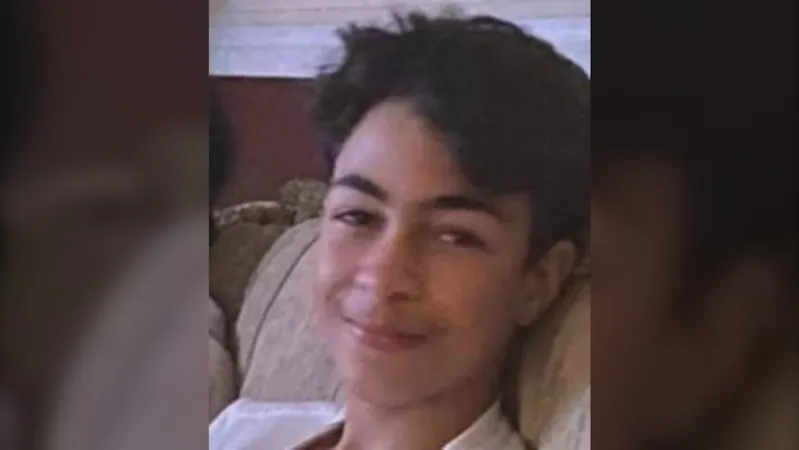
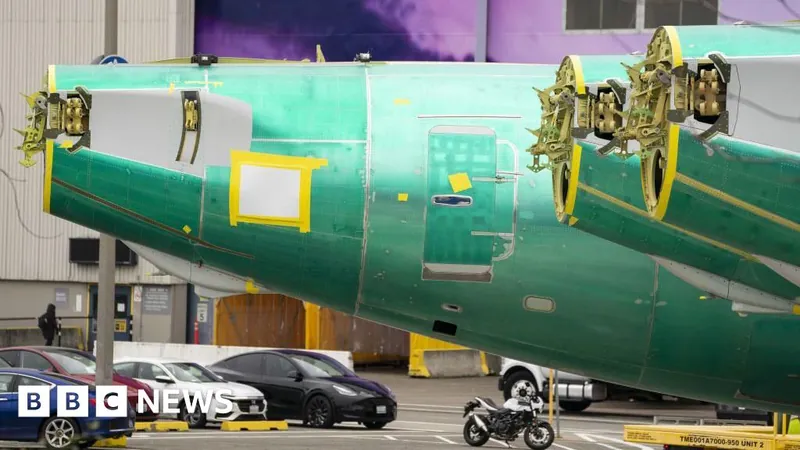
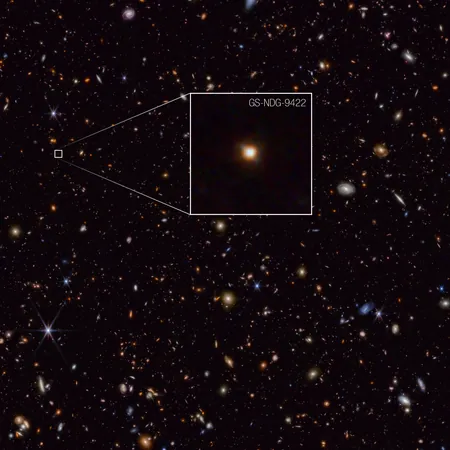



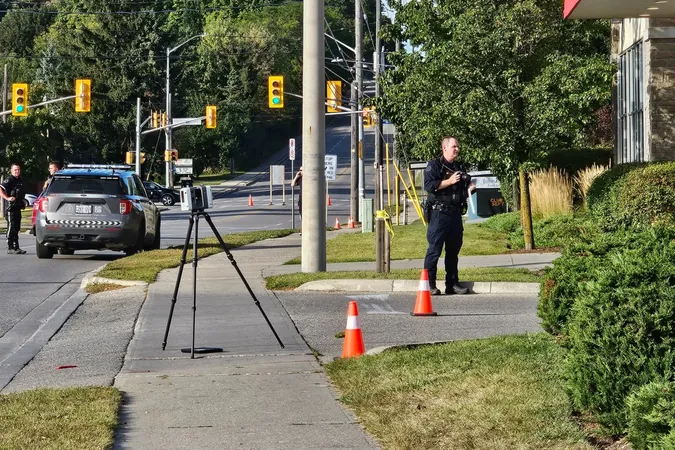


 Brasil (PT)
Brasil (PT)
 Canada (EN)
Canada (EN)
 Chile (ES)
Chile (ES)
 España (ES)
España (ES)
 France (FR)
France (FR)
 Hong Kong (EN)
Hong Kong (EN)
 Italia (IT)
Italia (IT)
 日本 (JA)
日本 (JA)
 Magyarország (HU)
Magyarország (HU)
 Norge (NO)
Norge (NO)
 Polska (PL)
Polska (PL)
 Schweiz (DE)
Schweiz (DE)
 Singapore (EN)
Singapore (EN)
 Sverige (SV)
Sverige (SV)
 Suomi (FI)
Suomi (FI)
 Türkiye (TR)
Türkiye (TR)